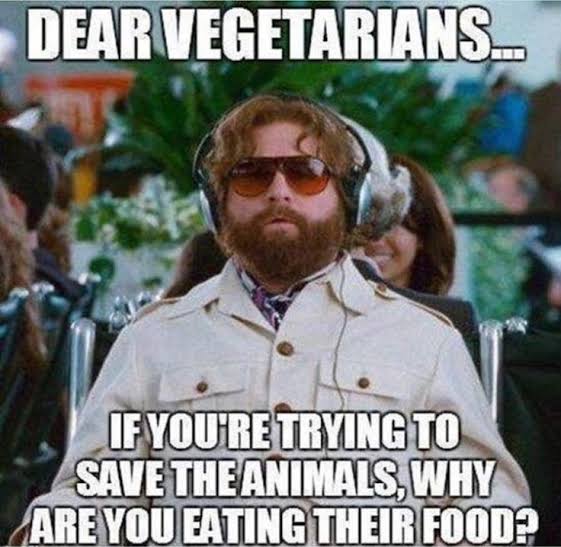
Some choices in life make sense—lifting weights makes you stronger, eating meat makes you powerful, and chasing excellence makes you a man. But then, there are choices so baffling that they defy both logic and biology, like choosing to be a vegetarian. Exactly how one arrives at the conclusion that rejecting the fuel that built human civilization is a good idea beats my intelligence. It’s like watching a lion decide to chew grass because it feels guilty about eating zebras.
In this topic, we’ll break down scientifically why vegetarianism is not just a dietary choice—it’s an evolutionary downgrade, a biological betrayal, and, quite frankly, one of the most ridiculous self-imposed handicaps of the modern era. Cowards can run from the truth.
What is Vegetarianism?
Vegetarianism is the practice of avoiding meat, fish, and poultry in favor of plant-based foods.
Some vegetarians still consume animal by-products like milk and eggs,
while others go full monk-mode and cut out everything animal-related (veganism).
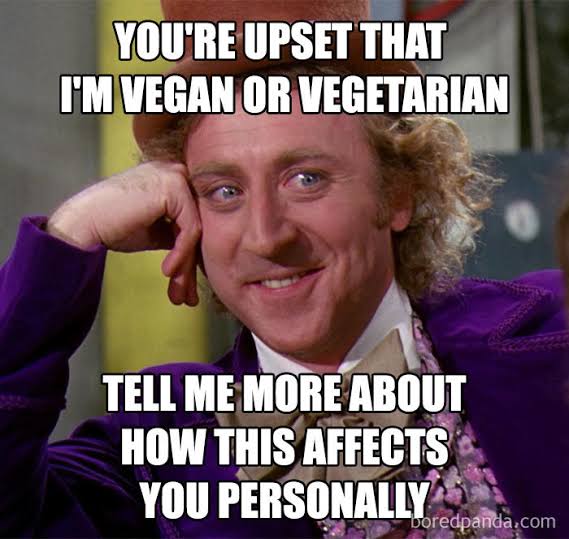
On paper, it sounds like a harmless dietary preference.
In reality, it’s a modern experiment that flies in the face of human evolution, biology, and common sense.
Choosing to be a vegetarian is like trying to fuel a high-performance sports car with vegetable oil—
technically possible, but a guaranteed disaster in the long run.
But why do people do this to themselves?
Some claim it’s for health, others for ethics, and a few because they’ve been brainwashed by documentaries narrated in soft voices.
Whatever the reason, the science and history of human nutrition tell a very different story.
Let’s dig in.
The Science of Why Vegetarianism is a Joke
Humans are apex predators by design.
Our bodies are fine-tuned for hunting, eating, and thriving on animal-based nutrition.
Do you think our hunter ancestors hunted mangoes?
Here’s why rejecting meat is like rejecting common sense:
- The Human Brain Was Built by Meat
Our ancestors weren’t gnawing on kale and tofu when they took over the food chain.
The rapid expansion of the human brain (especially the neocortex) was fueled by nutrient-dense meat,
particularly fatty cuts and organ meats.
Meat provides:
Vitamin B12 – Essential for brain function.
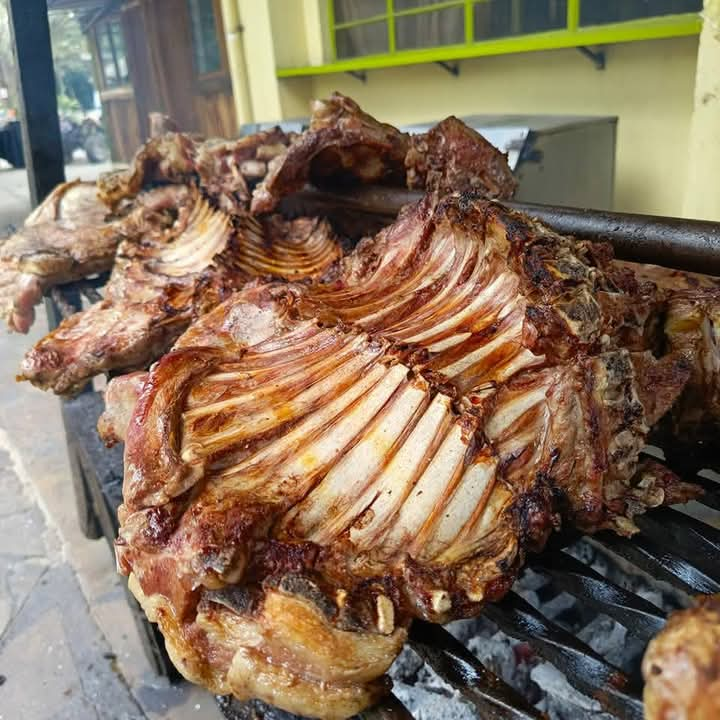
It’s only found in animal products, meaning vegetarians risk cognitive decline.
Creatine – Boosts muscle and brain performance.
Vegetarians have lower muscle strength and cognitive speed.
Heme Iron – The most bioavailable form of iron, crucial for energy and oxygen transport.
Plant-based iron (non-heme) is absorbed poorly.
By avoiding meat, vegetarians are essentially starving their brains.
No wonder they struggle to think straight.
- Vegetarianism Wrecks Hormones
Testosterone, the king of male hormones, thrives on cholesterol and saturated fat—both abundant in meat.
Plant-based diets, however, are infamous for tanking testosterone levels.
Studies have shown that vegetarian men often have lower testosterone and higher estrogen,
making them softer, weaker, and less aggressive.
A man on a vegetarian diet is like a lion without a mane—docile, confused, and lacking in presence.
- Plants Are Trying to Kill You
Unlike animals that can run or fight back, plants defend themselves chemically.
They produce antinutrients like:
Oxalates (found in spinach and nuts) – Cause kidney stones and block calcium absorption.
Lectins (found in beans and grains) – Disrupt digestion and trigger inflammation.
Phytoestrogens (found in soy) – Mimic estrogen and lower male vitality.
In other words, plants come with built-in toxins.
Meat doesn’t.
Choosing plants over meat is like choosing poisoned arrows over a spear in battle—bad strategy.
- The Strength and Stamina Problem
Meat-eaters dominate in strength, endurance, and recovery.
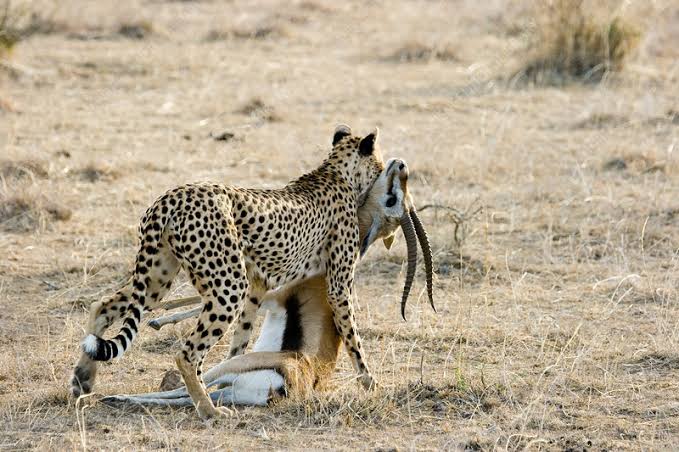
The strongest men in history—Vikings, Mongols, Spartans—weren’t running on chickpeas and lettuce.
They feasted on meat and crushed their enemies.
Even today, elite athletes who switch to vegetarianism often see declines in strength, stamina, and resilience.
The few who survive on plant-based diets rely on heavy supplementation, proving that vegetarianism alone is nutritionally inadequate.
The Psychological and Social Side of Vegetarianism
Beyond science, vegetarianism is a mental and cultural downgrade.
- Meat Is Linked to Dominance
Throughout history, powerful men ate meat while peasants lived on grains.
Even today, men who eat steak tend to have stronger personalities, higher confidence, and greater assertiveness.
Ever notice how the loudest vegetarian advocates are often weak-willed, passive, or overly emotional?
Look at Bill Gates!
There’s a reason for that.
- The Modern Vegetarian is a Victim of Softness
Most vegetarians today aren’t rejecting meat out of necessity; they’re rejecting it because of guilt, propaganda, or weakness.
They buy into myths that meat is unhealthy (debunked),
unethical (nature doesn’t care about feelings),
or environmentally harmful (also debunked).
Meanwhile, true warriors eat meat, build strength, and embrace their natural instincts.
Vegetarianism is often tied to religious and spiritual beliefs across different cultures.

Many religions promote or mandate vegetarianism for ethical, spiritual, or health reasons. Here are some examples:
- Hinduism
Many Hindus practice vegetarianism due to the concept of ahimsa (non-violence).
The belief is that killing animals for food creates negative karma.
Certain Hindu sects, such as Vaishnavism, strongly advocate for a meat-free diet.
- Buddhism
Some Buddhist traditions promote vegetarianism as part of the path to enlightenment.
Mahayana Buddhists, especially in China and Taiwan, avoid meat to reduce suffering.
However, Theravāda Buddhists in countries like Thailand and Sri Lanka eat meat if it is offered to them.
- Jainism
Jains are among the strictest vegetarians in the world.
They avoid all forms of animal killing, including eggs and root vegetables like onions and potatoes (to prevent harming microorganisms in the soil).
Some Jains even avoid eating at night to prevent accidental harm to insects.
- Christianity
While Christianity does not mandate vegetarianism, some sects, like the Seventh-day Adventists, follow a plant-based diet.
Some early Christian groups and modern Christian vegetarians believe Jesus promoted non-violence, extending it to animals.
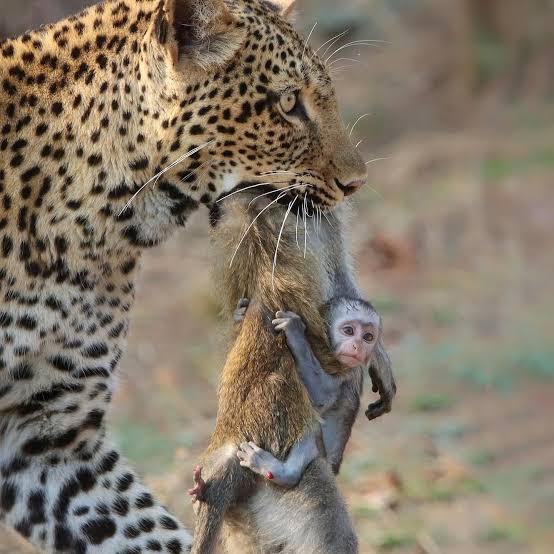
- Islam
Islam does not mandate vegetarianism, but some Sufi sects advocate for it as a way to achieve spiritual purity.
The Quran allows meat consumption but emphasizes humane slaughter (halal).
Some modern Muslims choose vegetarianism for ethical or environmental reasons.
- Rastafarianism
Rastafarians follow the Ital diet, which emphasizes natural, plant-based foods.
Many avoid meat, especially pork, believing it disrupts spiritual balance.
- Sikhism
Sikhs have mixed views on vegetarianism.
Some Sikh groups, like followers of the Akhand Kirtani Jatha, are strict vegetarians.
The Guru Granth Sahib does not explicitly ban meat, but langar (community meals) in Sikh temples are always vegetarian to accommodate all visitors.
- Ancient Greek & Other Pagan Traditions
Pythagoras and his followers believed in vegetarianism for ethical and mystical reasons.
Many ancient pagan religions associated meat-eating with aggression and impurity.
- Modern Spiritual Movements
Many New Age and yoga-based spiritual movements advocate vegetarianism as a way to cleanse the body and mind.
Some believe eating meat lowers one’s spiritual energy or vibrational frequency.
Overall, vegetarianism in religion is usually based on ideas of non-violence, spiritual purity, karma, and respect for all living beings.
However, interpretations vary within and across religions.
Unplug yourself from religion and you’ll be a free man.
Vegetarianism is Self-Sabotage
Choosing vegetarianism is choosing weakness.
It’s rejecting the diet that made humans dominant and replacing it with a nutrient-deficient, plant-based struggle.
Meat isn’t just food—it’s fuel for warriors, thinkers, and conquerors.
If you want to be strong, sharp, and full of life, eat like your ancestors.
If you want to be frail, slow, and confused, go vegetarian.
The choice is yours.

